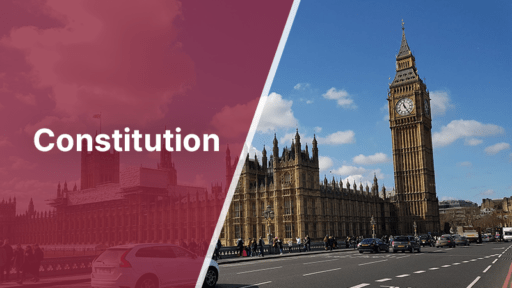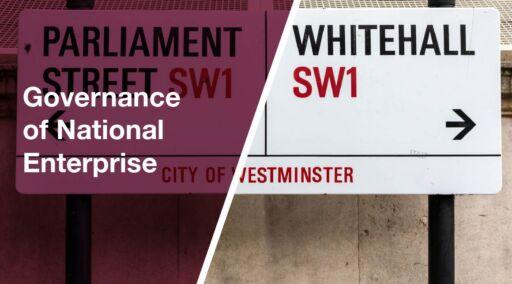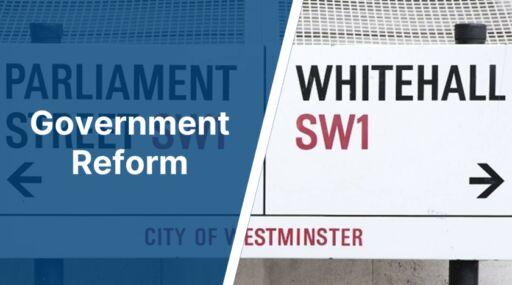POLICY PLEDGES:
- Raise baseline defence expenditure to 2.5% of GDP across the lifetime of the parliament. Funds spent in support of conflicts such as Ukraine will be offset against foreign aid and not deducted from the defence budget.
- NATO is a key pillar of UK and regional defence, and we will maintain our active role in the alliance, while advocating that other key European nations boost their defence contributions to 2.5% of GDP.
- Build and maintain a continuous at sea nuclear deterrent and commit to the Dreadnought Class submarine programme as the sea-borne platform for this.
- Implement a comprehensive overhaul in defence procurement to streamline commissioning, reduce waste, shorten delivery time and increase the scale use and resilience of UK military industrial capacity.
- Military recruitment and advancement will be based on merit and no other characteristics.
- Ex-military personnel, where suitably qualified, will be given preference in post-service government employment and preference in social housing accommodation.
- Reservists will be guaranteed a minimum of 10 days special annual leave from their employer (in addition to their statutory entitlement) to undertake military training. Small employers which may suffer financial hardship from this will be able to claim a rebate for this time from the MoD budget.
- MI5 and the National Crime Agency will have their budgets increased in line with defence overall, and they will partner with UK universities to deepen development of the specific skills required to work in mission-relevant fields, notably cyber-security, signals intelligence and surveillance of terrorism risks.
- We will restore the offence of sedition, abolished in 2009, and actively use this law to pursue those who incite terrorism overtly or covertly, or who act in flagrant support of the UK’s enemies.
- We will improve national resilience through domestic ownership of key infrastructure, enhancing protections against technical and scientific espionage, and pursuing energy self-sufficiency.






























